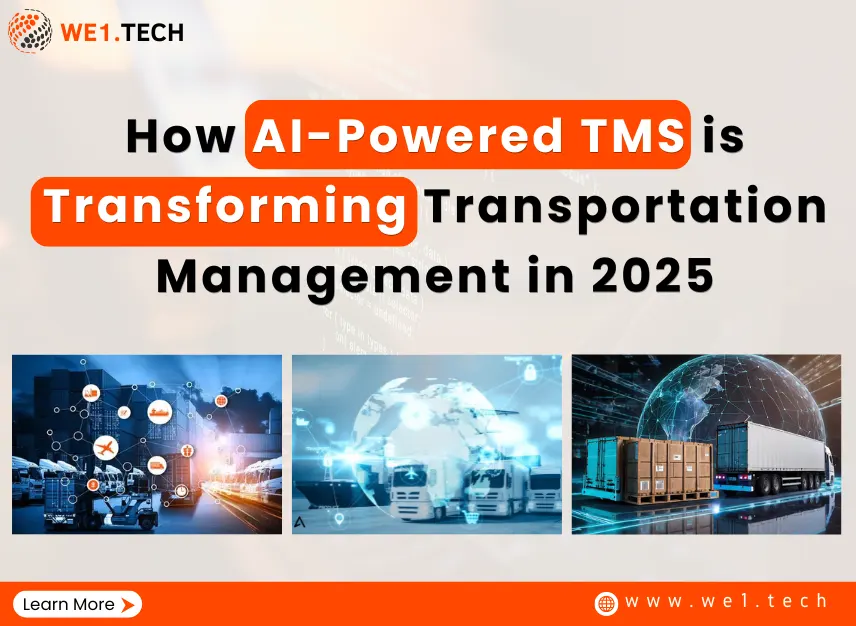
In today’s fast-moving logistics world, technology integration is indeed important. Distribution networks are becoming more complex, and businesses need efficient solutions to manage them. However, traditional Transportation Management Systems (TMS) often fall short in meeting modern logistics demands.
They struggle with improper route planning, inefficient decision-making, and hidden costs. This is where AI-powered TMS comes in. AI transforms transportation management by improving predictive analytics, route planning, and risk assessment. With AI, logistics companies can reduce delays, improve efficiency, and enhance customer satisfaction.
In this blog post, we will explore how AI-powered TMS is transforming transportation management in 2025 and its benefits for businesses. So, let's get started!